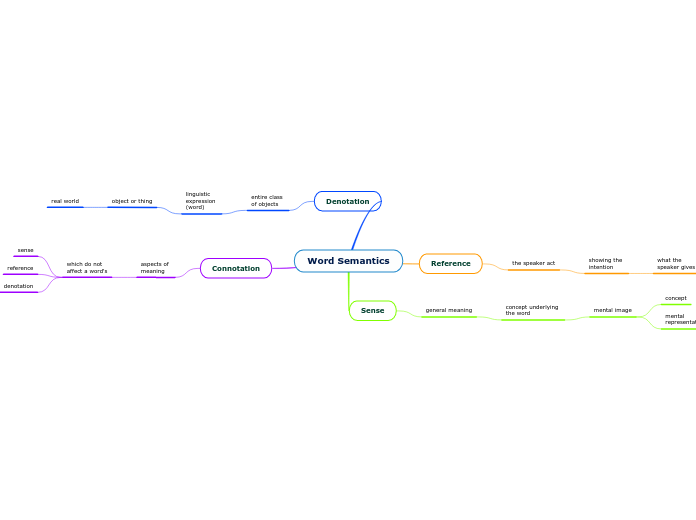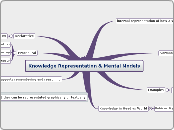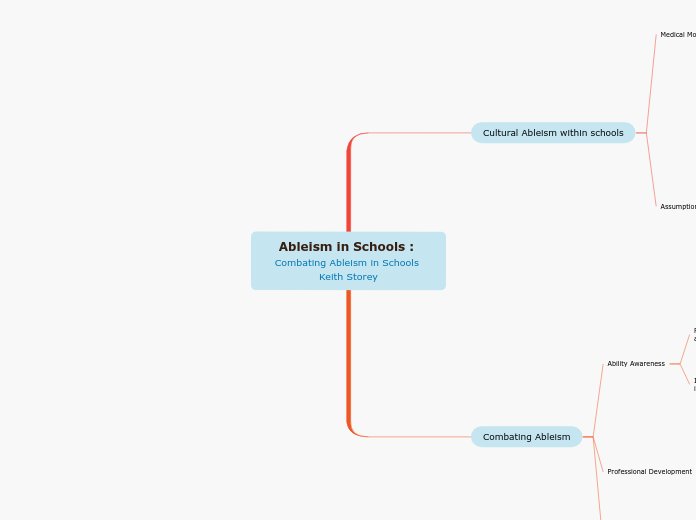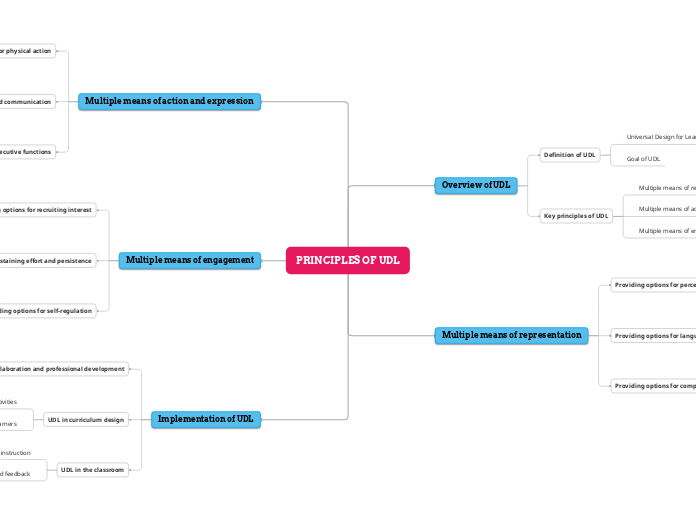Bewitched
With different eras, come different sitcoms. Current events and society greatly influenced television, walking on the moon, the civil rights movement, and the feminist movement all played vital roles in many themes seen on the popular show, Bewitched.
With different time period comes different types of sitcoms.
Bewitched took different aspects, traditions, and cultures to create a good sitcom
“One further example of Bewitched’s resonance with earlier television is evident in a comparison to The Goldberg’s, a 1950’s sitcom about a Jewish immigrant family trying to achieve the American Dream. “ Bewitched, like The Goldberg’s, are compared because they both are trendsetters, one as immigrant success, one as female power.
"Two FIlms about witches stand out as precursors to Bewtiched's genial representation of female witched: I married a Witch (Rene Clair, 1942) and Bell, Book and Candle (Richard Quine, 1958)"
The time generation was also, a key argument supporting the thesis because each generation is different. For instance, during World War II a popular TV show was Wackiest Ship in the Army and Mr. Roberts, which was one of several war TV shows hits, that people enjoyed watching.
The change in emphasis on the family; such as the classic nuclear family. Ex. The Beverly Hillbillies, The Adams Family
View of sitcoms changed while exploring the space effect
“But more than just transmitting a privileged view of the universe, television offered the American public a particular mode of comprehension. It represented space, like everything else, as a place that the white middle class family could claim its own. In many ways, the fascination with space served to defamiliarize the common myths of the "golden age" of the I950s and the notions of domesticity that so pervaded television's "message" in that decade.”
(Metz Reading) The Show replicated the 60's culture but did not directly indidcate the current events in society. Some themes of the 60's were worked into the show such as the idea of segregation (the separation between the magic world and the human world). example episode: Salem Here We Come.
The popular television sitcom series of “I love Lucy” to “Bewitched” emphasizes the transition of the feminist movement from the 50s to the 60s.
(End of Containment) Explains how a new generation came along when JFK came elected, bringing in a new culture and giving women more rights to express their interests. For instance, women can go into the labor force and find a job they are interested in. Life before was awful for women saying that women experienced " severe emotional illness"
"Superiority Theory argues and so the banishment of mockery is a way to assert power." Mills p. 109
"Feminist analysis of I Love Lucy makes this distinction, for the possible liberatinq
_aspects of hÿer in control of the ÿndermfned by the narrative structures of the series which never allow her to break away from her domestic situation and so she is eventually rendered merely laughable (Mellencamp, 1992)." Mills reading
Counter argument
In the 1960's "magicoms" bacame very popular as a way to escape the chaos of current events.
"sitcom went into what might be called a period of "deep escapism." The sitcoms in the 60's "liberated" the fears and changes that were brought on be national confrontations with war, racism, drugs, and hi-fidelity electric erotic music.
"Drugs, sexual deviance, poverty, violent criminality and the denial of constitutionally guarteed rights could be shown on the mean city streets of Los Angeles or New York or Birmingham in crime shows, in movies, or on The News, but such things were not to cross the family threshold of situaional comedy." - p.105 Planet Earth to Sitcom, Planet Earth to Sitcom









